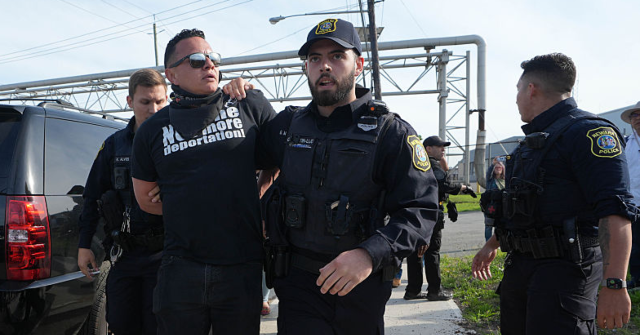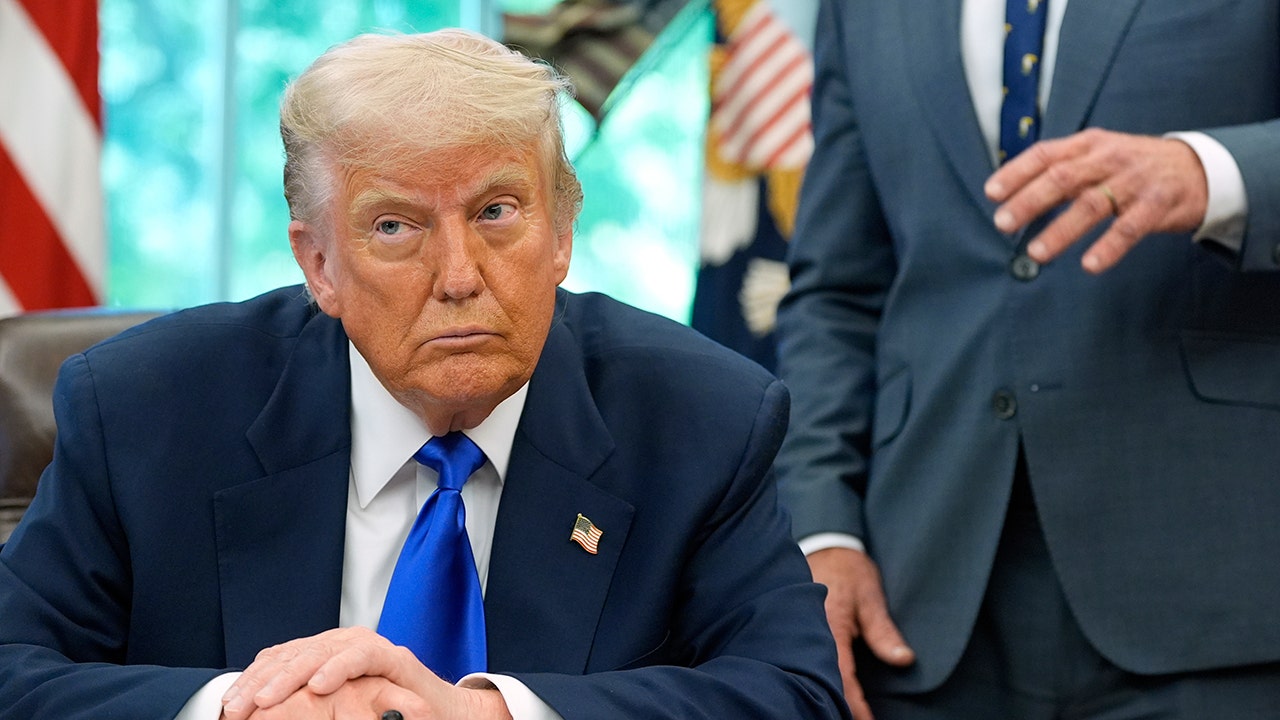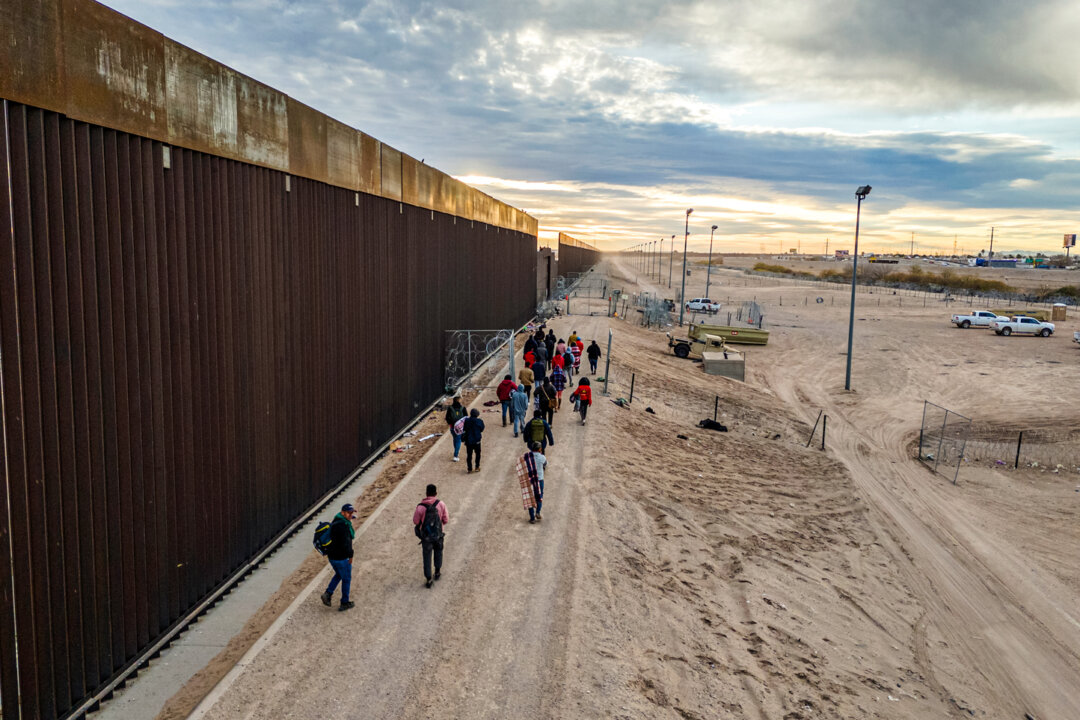Federal Judges Block Trump's Asylum Ban, Allowing Two-Week Appeal Period
Multiple federal judges have ruled against President Trump's asylum restrictions, affirming that he exceeded his authority and allowing a two-week appeal period for the administration.
Overview
- Federal judges have blocked President Trump's asylum ban at the U.S.-Mexico border, ruling he exceeded his authority under U.S. law.
- Judge Moss granted a 14-day stay on his order, allowing the Trump administration to appeal the ruling against the asylum ban.
- The ruling emphasizes that seeking asylum is a protected right under U.S. law and international agreements.
- The American Civil Liberties Union successfully challenged the ban, arguing it violated U.S. laws and international treaties.
- The courts reaffirmed that immigration policy is under Congress' authority, limiting the President's power to impose new immigration rules.
Report issue

Read both sides in 5 minutes each day
Analysis
Center-leaning sources frame the judge's ruling as a significant legal setback for the Trump administration, emphasizing the protection of asylum rights. They highlight the ACLU's role in challenging the ban, reflecting a perspective that values legal accountability and human rights, while implicitly critiquing the administration's authority over immigration policy.
Articles (16)
Center (6)
FAQ
Federal judges ruled that President Trump exceeded his authority under U.S. law by implementing the asylum ban, affirming that seeking asylum is a protected right under U.S. law and international agreements. They emphasized that immigration policy is under Congress's authority, limiting the President's power to unilaterally impose new immigration rules.
The 14-day stay granted by Judge Moss allows the Trump administration time to appeal the ruling against the asylum ban and to prepare to implement the court's order if the appeal fails.
The ACLU successfully challenged the asylum ban by arguing that it violated U.S. laws and international treaties protecting the right to seek asylum; their legal efforts helped secure the federal judges' rulings blocking the ban.
President Trump issued an executive order declaring the situation at the southern border an "invasion of America" and suspended the ability of migrants to seek asylum as part of his immigration policy.
The ruling reaffirms that immigration policy is primarily the authority of Congress, limiting the President's power to unilaterally impose new immigration rules such as the asylum ban, and underscores the constitutional protections for asylum seekers.
History
- 4M

 4 articles
4 articles













